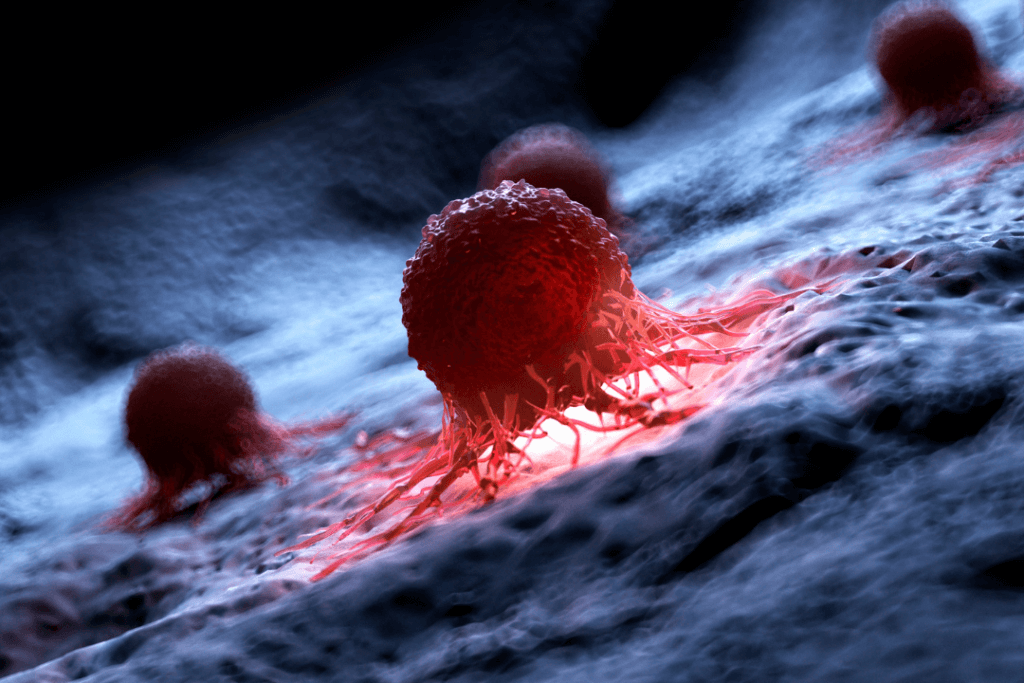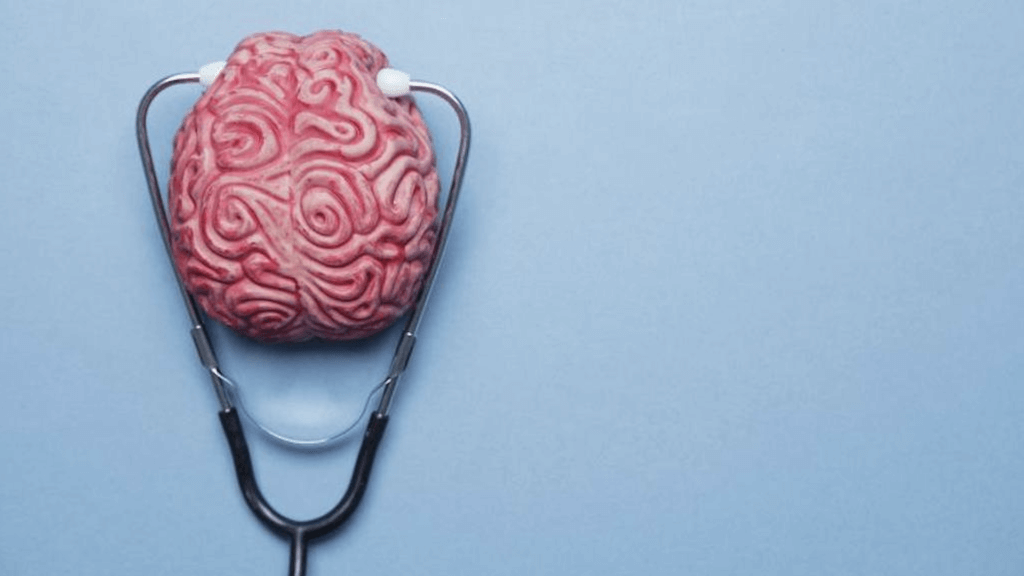Medical cannabis is currently changing the game for doctors and patients across 33 U.S. states. Since Missouri is just starting to enter that game, it’s important to note that local patients may not be as familiar with its benefits compared to the traditional alternatives available. Here’s how medical cannabis compares for treating pain:
Nonsteroidal Anti-Inflammatory Drugs (NSAIDs)
NSAIDs are the most prescribed medications for pain and inflammation. While aspirin and ibuprofen are the most well-known versions, they do more than just stop the pain. NSAIDs work by interrupting the function of cyclooxygenase, an enzyme that assists in blood clotting. Patients with high blood pressure, kidney disease, or a history of ulcers should take caution with this medication.
CBD is also prescribed for medical conditions that result in pain and inflammation. Instead of preventing the body from doing its job like NSAIDs, CBD is accepted by the body’s endocannabinoid system. This system has two receptors to receive cannabinoids – CB1 and CB2. In one study, CB2 receptors have been shown to modulate acute pain, chronic inflammatory pain, post-surgical pain, cancer pain, and pain associated with nerve injury.
Gabapentin
Speaking of nerve pain, gabapentin is used to treat neuropathic pain. One brand in particular that you may recognize is Neurontin. Potential side effects of gabapentin include depression, problems with breathing, and fatigue. You might be prescribed this medication if you have nerve pain from shingles or herpes.
Medical marijuana can treat chronic nerve pain and this was backed by a 2015 clinical review that found the “use of marijuana for chronic pain, neuropathic pain, and spasticity due to multiple sclerosis is supported by high-quality evidence.” 396 patients with nerve pain were included in six trials for this review.
Opioids
One of the leading drugs for pain management, prescription opioids include oxycodone, hydrocodone, morphine, and methadone. These medications are highly effective following surgery or injury but are incredibly addictive. According to the CDC, nearly 70% of the 67,367 deaths in 2018 involved an opioid.
Medical cannabis may not yet be strong enough to dull the pain that comes from surgery, but it can control chronic pain. It could benefit someone taking opioids to switch to medical cannabis after their pain levels start to decrease.
Qualifying Conditions These are just a few of the traditional alternatives. Compare them for yourself and ask your doctor about medical cannabis to learn even more. Not sure if you can access medical cannabis? Check out North’s blog on what conditions qualify for a Missouri medical marijuana card.











